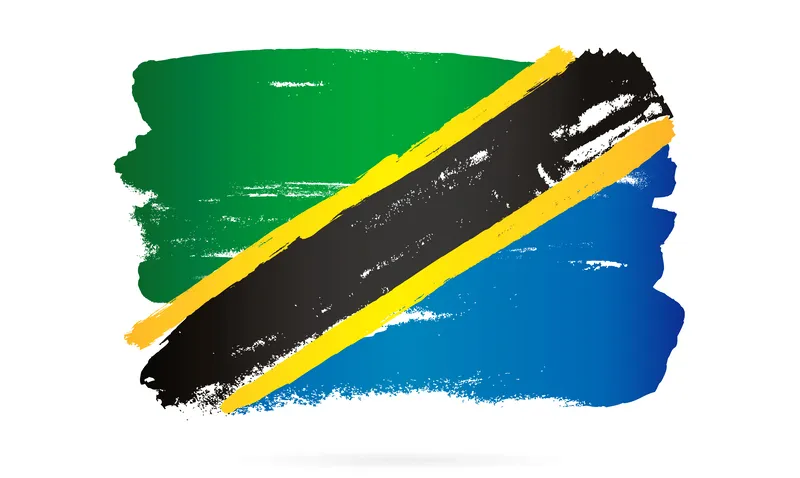The World Bank has approved a US$500 million loan for the National Highways Interconnectivity Improvement Project in India to improve the national highway network’s connectivity with economically deprived and remote areas. The project will focus on three low-income states, Rajasthan, Bihar and Orissa, and on less developed regions in Karnataka and West Bengal.
November 1, 2013
Read time: 3 mins
The 2000 World Bank has approved a US$500 million loan for the National Highways Interconnectivity Improvement Project in India to improve the national highway network’s connectivity with economically deprived and remote areas. The project will focus on three low-income states, Rajasthan, Bihar and Orissa, and on less developed regions in Karnataka and West Bengal.
According to the World Bank there has been an increasing recognition of the importance of improving transport connectivity in remote and economically lagging areas which do not fall under the National Highways Development Programme (NHDP) in recent years. Some 43 per cent of the primary highway network has been identified for development. Considerable stretches of the non-NHDP network requires strengthening and upgrading and suffer from connectivity gaps. Substantial portions of these roads are intermediate or single-lane highways and have poor travelling conditions.
The National Highways Interconnectivity Improvement Project will upgrade and widen about 1,120 kilometres of existing single/intermediate lane national highways to two-lane in less developed regions of the territory. Other key components of the project include enhancing the institutional capacity of the Ministry of Road Transport and Highways (MoRTH) to better manage the highway network. The project will strengthen road safety management systems with the objective of reducing fatalities and serious injuries from road accidents in the country.
“Over the years India’s core highway network has seen significant improvement. However, over 40 per cent of the network suffers from major connectivity gaps and requires better maintenance and upgrading. These roads often serve as the primary or the sole transport link to several remote and economically lagging regions. By providing better connectivity and strong institutions, the project will help states achieve faster social and economic benefits,” said Onno Ruhl, World Bank country director for India.
“Road safety in India continues to be a major concern. Road accident death rate in India is ten times the levels seen in the European Union and is costing the economy an estimated 3 per cent of the GDP on an annual basis. This project will focus on road safety by strengthening capacity, improving data collection and training,” Mr Ruhl added.
The project will focus on improving road accident data collection and analysis at central and state levels through implementation of the Road Accident Database Management System (RADMS) in project states; strengthen road safety capacity at the central level; and focus on training.
Overall the project will help to give road users improved access to highways and transport services and benefit from the savings in travel time and transportation costs. Other expected positive outcomes of the project include improved access to a larger number of economic opportunities, better health services, better access to higher levels of education, and improved road safety.
According to the World Bank there has been an increasing recognition of the importance of improving transport connectivity in remote and economically lagging areas which do not fall under the National Highways Development Programme (NHDP) in recent years. Some 43 per cent of the primary highway network has been identified for development. Considerable stretches of the non-NHDP network requires strengthening and upgrading and suffer from connectivity gaps. Substantial portions of these roads are intermediate or single-lane highways and have poor travelling conditions.
The National Highways Interconnectivity Improvement Project will upgrade and widen about 1,120 kilometres of existing single/intermediate lane national highways to two-lane in less developed regions of the territory. Other key components of the project include enhancing the institutional capacity of the Ministry of Road Transport and Highways (MoRTH) to better manage the highway network. The project will strengthen road safety management systems with the objective of reducing fatalities and serious injuries from road accidents in the country.
“Over the years India’s core highway network has seen significant improvement. However, over 40 per cent of the network suffers from major connectivity gaps and requires better maintenance and upgrading. These roads often serve as the primary or the sole transport link to several remote and economically lagging regions. By providing better connectivity and strong institutions, the project will help states achieve faster social and economic benefits,” said Onno Ruhl, World Bank country director for India.
“Road safety in India continues to be a major concern. Road accident death rate in India is ten times the levels seen in the European Union and is costing the economy an estimated 3 per cent of the GDP on an annual basis. This project will focus on road safety by strengthening capacity, improving data collection and training,” Mr Ruhl added.
The project will focus on improving road accident data collection and analysis at central and state levels through implementation of the Road Accident Database Management System (RADMS) in project states; strengthen road safety capacity at the central level; and focus on training.
Overall the project will help to give road users improved access to highways and transport services and benefit from the savings in travel time and transportation costs. Other expected positive outcomes of the project include improved access to a larger number of economic opportunities, better health services, better access to higher levels of education, and improved road safety.








